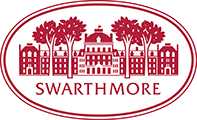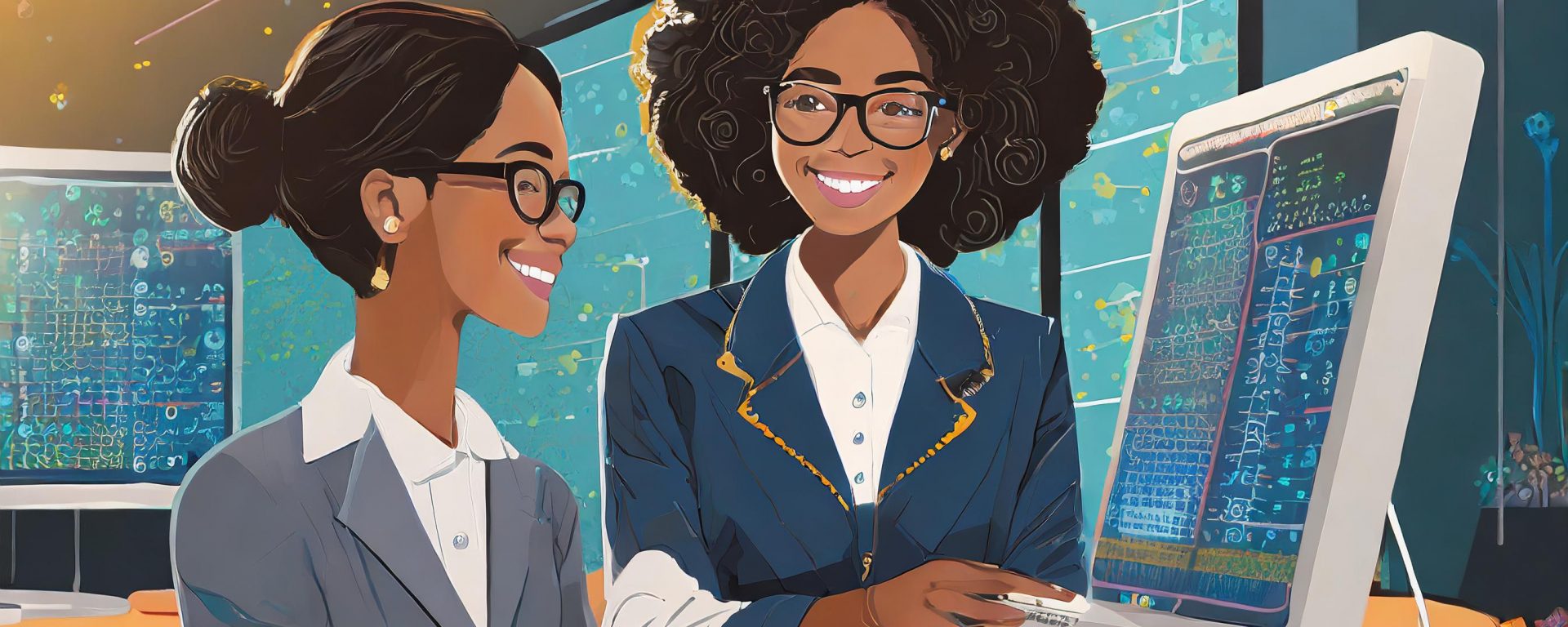Did you know that NSF supports programs to connect researchers with mentors and graduate students who can provide guidance for a range of computational projects? Research projects, regardless of discipline, require increasingly robust computational approaches and complex data workflows, and local expertise may not exist to design and execute them efficiently. This problem is especially acute at smaller institutions, such as Swarthmore. Two programs in particular (ACCESS MATCH and CAREERS) offer similar frameworks to address this gap.
The ACCESS MATCH program offers two levels of engagement, but a good starting place is the free MATCH Plus service. Basically, a researcher submits a request for assistance, after which they are matched with a graduate student with relevant experience and disciplinary expertise who assists the researcher with the project over 3-6 months. This is a great program for researchers looking to parallelize code, scale up research from a single system or small dataset to larger resources, or implementing new technologies or workflows (such as GPU programming) into their existing pipeline.
A similar approach is the CAREERS program, offered through Penn State. A key difference is that this program targets small and mid-size institutions, while providing a stipend to graduate student facilitators. These facilitators are “experts at figuring out how to match the right computing resources and techniques to the task at hand.”
In both cases, any assistance is tailored to the needs of the project at hand; that is, the guidance and support is not generic but is meant to advance the specific project. Ultimately, the goal is to empower the researcher, enabling them to continue on confidently and successfully after the end of the engagement, ideally passing along lessons learned to their own students and assistants.
For further information on these programs, or if you would like to discuss your research program in general, please reach out to Jason Simms (jsimms1@swarthmore.edu).

